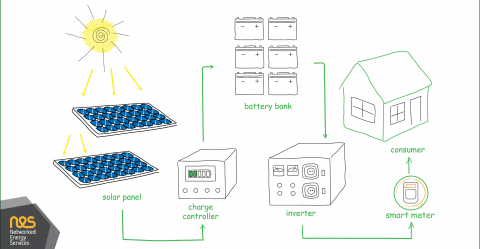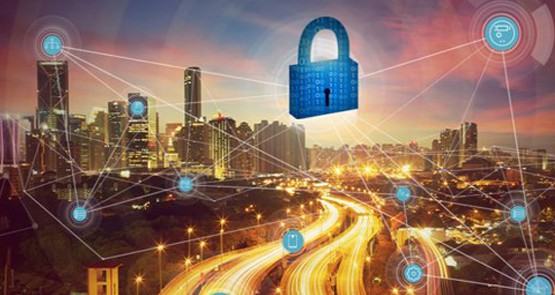Available Translations: es

OSGP vs. Solar Inverters
Jun 10, 2021We are often asked why NES is so committed to OSGP.
We have always been convinced that communications reliability and security will be the differentiators for a successful smart meter rollout, and this has been proven by the communications KPIs we achieve for our customers. This, in turn, drives us forwards in the smart energy transition, by providing access to the essential energy supply quality information from the low voltage grid.
There is increasing evidence that this approach has been the right one. The obvious developments in cyber-security and ransom attacks on utilities justifies the position on security. Our ability to achieve close to 100% communications success justifies the position on communications reliability.
But, who would have thought that a threat to the efficiency of the smart energy transition could have come from solar energy itself, and more importantly, OSGP provides a way around the threat?
Recently, we commented on how solar energy can, in some cases, trigger grid inefficiencies, which need to be managed by remote control available at some of the most sophisticated smart meters, such as those provided by NES. Are Solar Panels Just Complicating Things in the Grid? (networkedenergy.com)
As it turns out, some of the components used in the solar systems, the solar inverters, if inappropriately sourced, can disrupt the flow of communications across the low voltage grid, impairing the smart meter, and threatening the smart energy transition.
In a recent article, translated by the OSGP (Link to report available at the bottom of OSGP Alliance text), it is clear that lower cost solar inverters can spread noise on the grid. It is also clear that the noise is in the same channels that smart meters, using highly cost-efficient PLC, use to communicate. This means that the smart meters find it harder to communicate.
The same article shows that OSGP, through a combination of designed signal levels and dual communications frequency, is far less sensitive than the other standards tested.
In order words, OSGP offers an advantage for those nations embarking on their smart energy transition where local solar energy production plays an important strategic component. Which covers most countries!
Another demonstration of how NES’s commitment to high quality standards helps to overcome the challenges facing us as we transition towards sustainable and clean energy production.
Author:
Jon Wells - Vice President of Customer Solutions at NES




